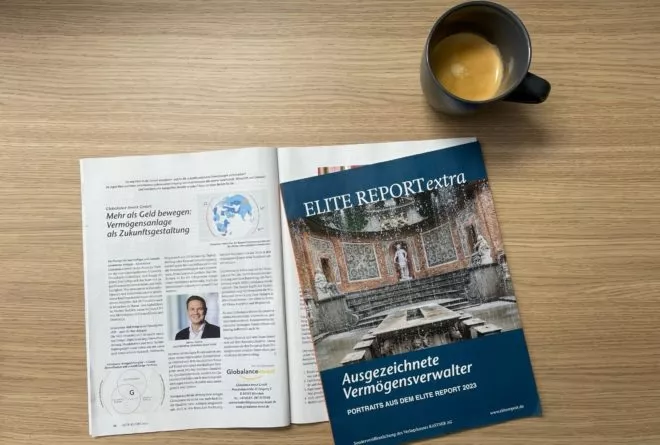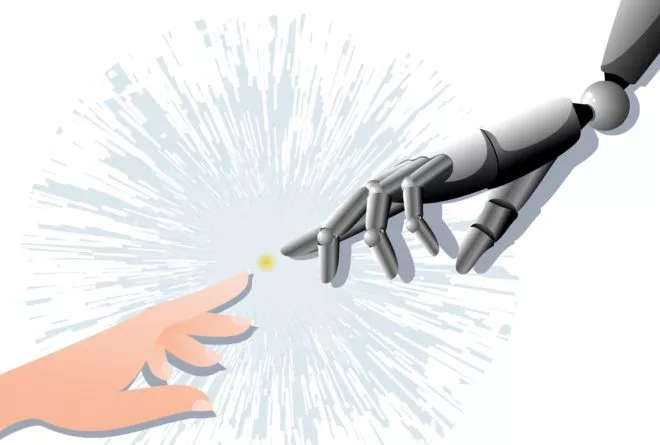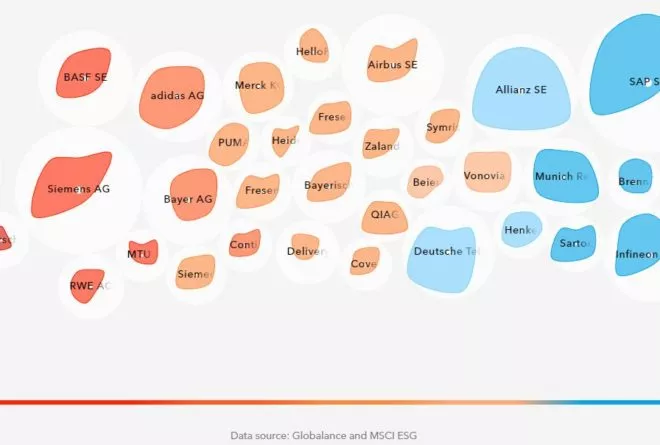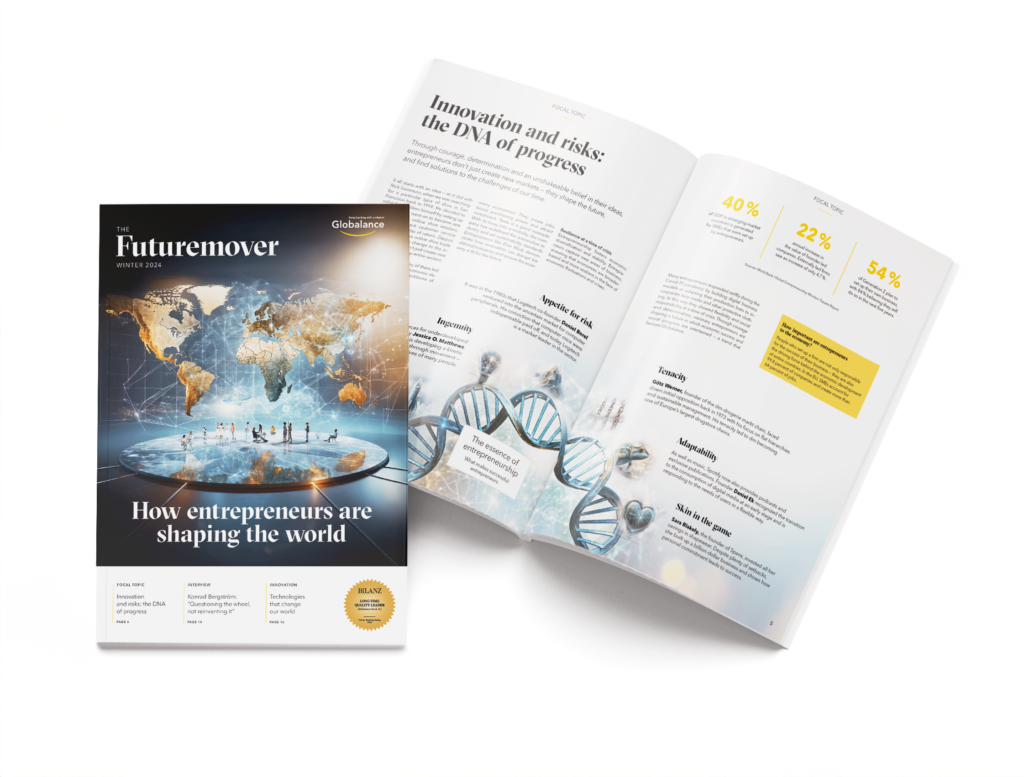News & Trends
Gross domestic product – the giant totters
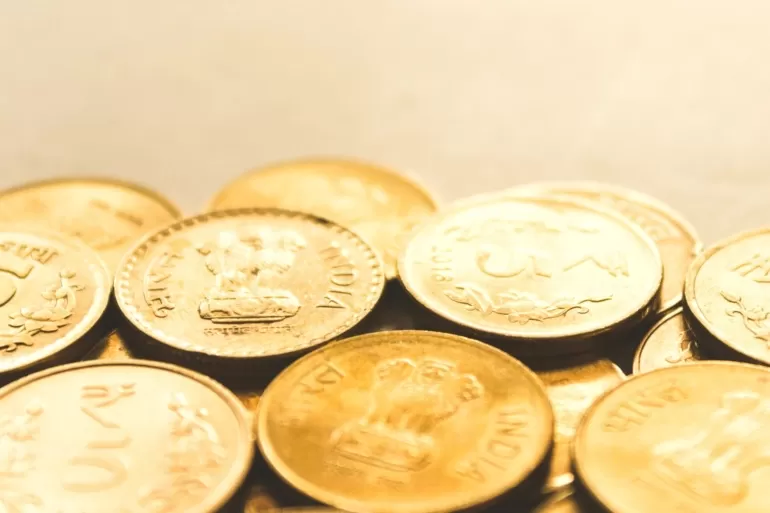
The total of the gross domestic products (GDP) for all the countries in the world amounted to USD 84.74 billion last year.
This figure includes every tomato that is sold, every visit to the beautician, and every flight that people take. GDP as the sum total of a country’s economic performance was developed in 1930 by Simon Smith Kuznets and was used by US President Franklin D. Roosevelt to implement his “New Deal” (1933–1938). But even then Kuznets, who was an economist and statistician, warned that GDP didn’t really reflect a nation’s prosperity.
Politicians and society at large cling to a calculation system which with its regular GDP forecasts creates a positive or negative public mood. However, in the light of climate change, finite resources and the gap between the rich and poor the question of whether growth can be used as the only indicator of prosperity is now being asked more frequently. Or to put it another way: if you do voluntary work that doesn’t have any impact on GDP. But if you write your car off in an accident, you help to increase GDP. Isn’t that bit of a paradox? So do we need a new measure for modern times?
„Gross domestic product measures everything – apart from what really makes life worth living.“
Robert F. Kennedy (1925 – 1968)
Just imagine appearing before a jury which was going to judge your life. You proudly set out your record: you’ve reduced your waste by 50%, you’ve learnt a new foreign language, and you’ve spent a lot of time with your grandmother. The jury dismisses all this and would rather see your bank statements. If your earnings have increased, you get a nod of approval. If they’ve fallen, you have to go to the back of the queue. That’s more or less how GDP works. Spot the error.
GDP PROVIDES A VALUE FOR ALL THE GOODS AND SERVICES THAT ARE PRODUCED IN AN ECONOMY.
Companies which contaminate a river with chemicals contribute just as much to GDP as a company which uses „good bacteria“ to reduce the use of pesticides. So GDP puts a value on all the goods and services that are produced in an economy. By doing so it acts, for instance, as a basis for economic forecasts or for setting the level of contributions to the EU.
GDP SEEMS TO HAVE BECOME AN ANACHRONISM
There was a time when GDP clearly made sense. During the worldwide economic crisis of the 1930s there was no national calculation system in the countries concerned which could provide a picture of how the economy was performing. Only after the Second World War did all the countries jointly introduce a system for measuring production levels. The leading indicator was gross domestic product. But it grew up in the analogue era, and it ignores future indicators of how a country is developing.
The internet for example. How do you value an online encyclopaedia like Wikipedia which provides knowledge that you can download for free at any time? And what’s the appropriate value for sharing platforms or YouTube? Critics, including renowned economists, politicians and even Noble Prize winners, don’t think much of GDP as a guide value. That’s why a year ago Joseph Stiglitz, the Noble Prize winner in Economic Sciences and the French economist, Jean-Paul Fitoussi, presented a thought-provoking book with the forward- looking title of “Mis-Measuring Our Lives: Why GDP Doesn’t Add Up”. The book provides grounds for optimism, and the academics’ summing up of the issues is as simple as it is revealing: “If we measure the wrong thing, we will do the wrong thing.“
THE UN ESTABLISHES „THE INTERNATIONAL DAY OF HAPPINESS“
The fact that the most respected accounting indicator used for national economies was not an adequate way of measuring a people’s well-being was already understood by the UN in 2012. Since then the “International Day of Happiness“ has been celebrated on the 20th of March every year. The aim of this is to express the UN’s recognition of countries which measure well-being in a way that goes beyond material prosperity. It’s also intended to make politicians and economists take a new approach to the issue of the search for happiness. And things are beginning to change. Economists and even politicians recognise that important factors such as diversification, education, environmental protection, digitalisation, equal rights and health need to be factored in.
„We need a new economic paradigm that recognizes the parity between the three pillars of sustainable development. Social, economic and environmental well-being are indivisible. Together they define gross global happiness“.
Ban Ki-moon, UN-Generalsekretär (2007–2016)
A change of attitudes in politics
In Germany the Greens are making careful preparations for being in (coalition) government. Of course this also involves coming up with an economic programme.
“Gross domestic product takes no account of ecological and social issues“, says the party Chairwoman, Annalena Baerbock. She is demanding a “new“ definition of prosperity“ – and doing away with gross domestic product (GDP) as the sole indicator of the performance and prosperity of national economies.
A similar thing has actually happened recently in New Zealand.
In the light of one of the highest suicide rates in the world, Prime Minister Jacinda Ardern has prioritised well-being rather than just growth. For the first time ever, a “Wellbeing Budget“ of almost USD 2.5 bn. has been passed as part of the national budget. Investments are being made in health services for the mentally ill and in modernising hospitals. The expansion of the state railway system, KiwiRail, is being fast-tracked as well as innovations which will lead to a low-CO2 future. Drinking water quality has to be improved, and agriculture will be made fit for the challenges of climate change.
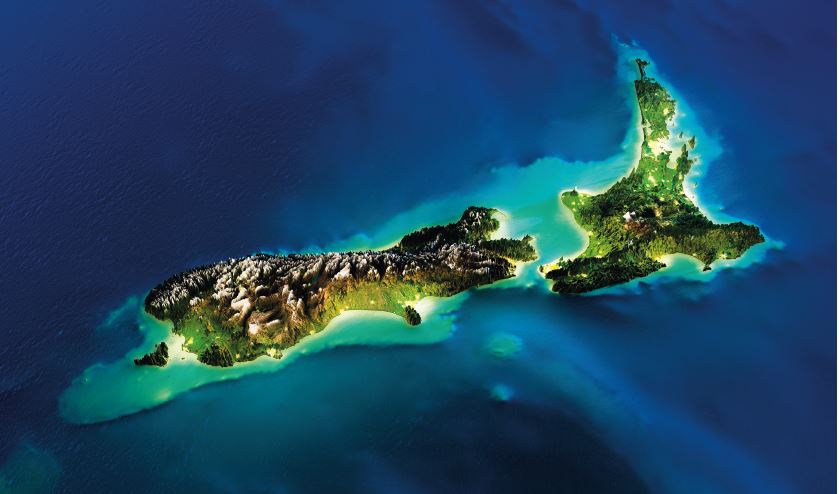
„From now on we’re measuring our country’s success differently. We’re no longer considering just the gross domestic product, we’re also looking at how we can improve the well-being of our citizens, how we protect the environment, and how we can strengthen our communities“
Grant Robertson, New Zealand Minister Of Finance
As long ago as 1972 the King of Bhutan declared happiness to be the nation’s aim.
There are a total of nine categories in the „Happiness Index“. Ranging from psychological well-being to ecological resilience and education. “Gross National Happiness“ (GNH) is measured by using 33 indicators and it gives politicians a better understanding of the well-being of their country’s people than growth alone does.
A change of attitudes in the economy
Every year the „Global 100 Most Sustainable Corporations in the World“ index provides a worldwide ranking of 7,500 companies which have an annual turnover of over one billion US dollars. The key: CO2 emissions, waste reduction, age diversity of management, “clean“ products and general sustainability are incorporated into the assessment.
The top spot this year went to Chr. Hansen Holding, a relatively unknown biotechnology company from Denmark. Chr. Hansen develops “good bacteria“ for preserving foodstuffs, for crop protection, and as a replacement for antibiotics in livestock farming.
“Working for a better world is deeply engrained in our product range and our business. This gives us as a company a convincing objective which is closely connected with sustainability, and which our employees can fully identify with. They’re proud of working for an important cause and making a contribution to a higher goal on a daily basis“, says CEO Mauricio Graber.
“The better world“ of Chr. Hansen also happens to produce an improved financial performance. So the share price has outperformed the Dow Jones EURO STOXX index over the last three to five years.


